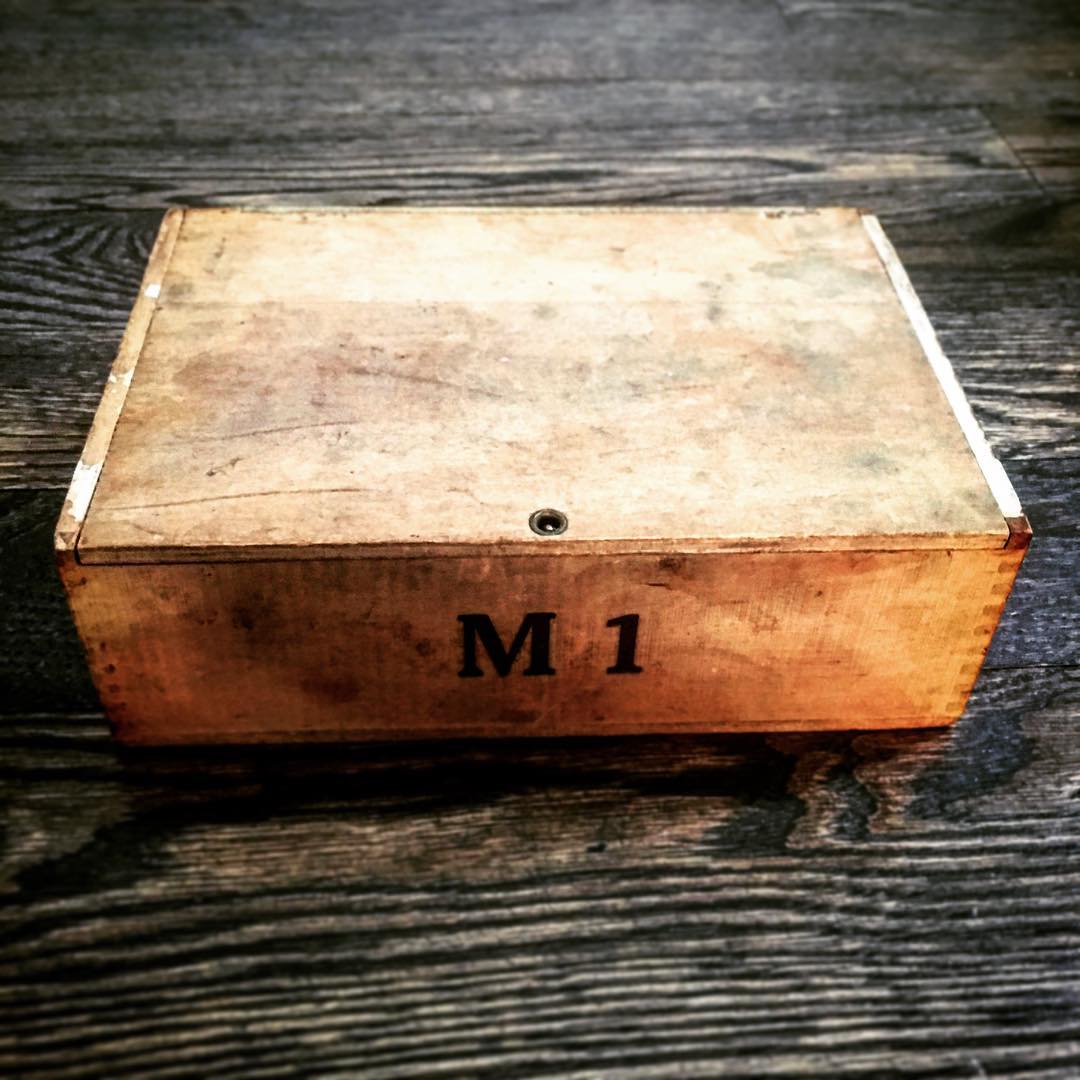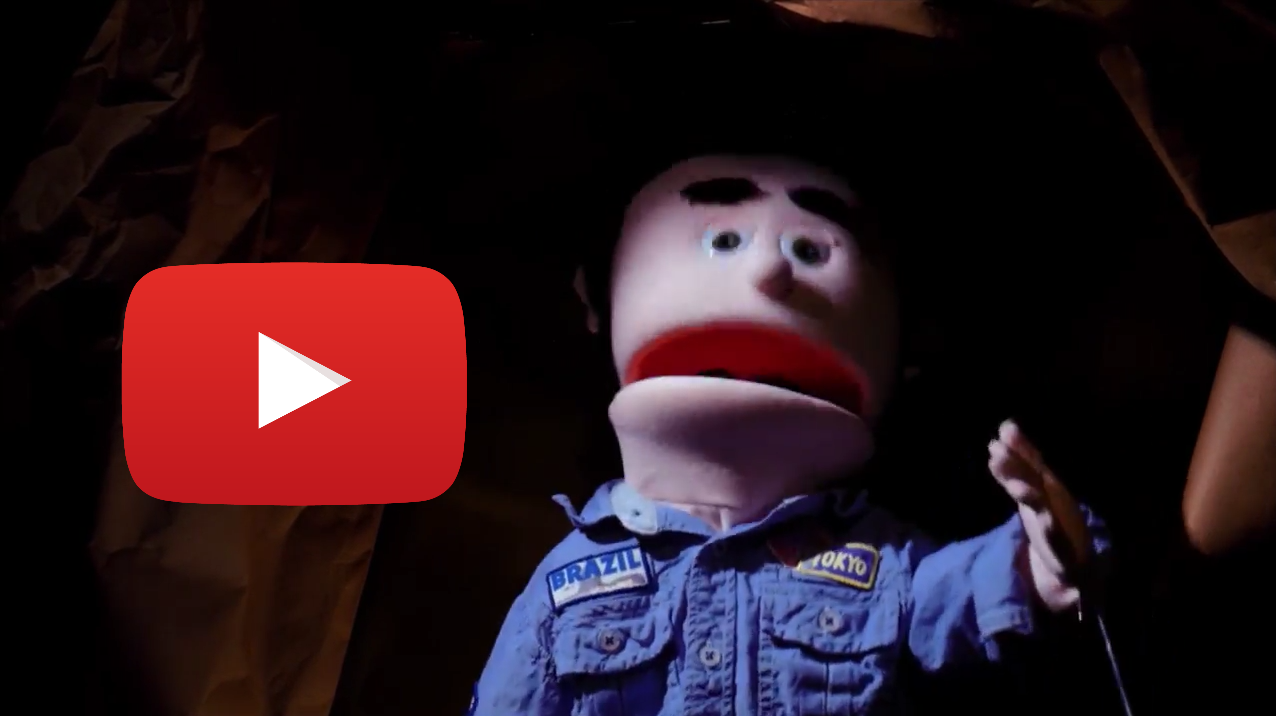Tal M. Klein's latest update for The Punch Escrow
May 9, 2016
There are now over 400 of you lovely readers, and I wish I could tell you that makes me sleep better at night, but I’m not one to rest on my laurels. This is a contest, and I want to win it. I know you’re with me, and that’s an amazing feeling - but I need just a little more of your help. The finish line is so close (May 16!), and having watched the contests that came before this one, I know the ending is where things get most competitive. Remember, when someone you refer buys The Punch Escrow, Inkshares will give you a $10 credit. (click here to learn how it works)
Not only do I have to fend with my worthy fellow authors, but also an overly funded partially government owned clandestine teleportation "startup" called International Transport whom, it just so happens and totally by coincidence, is the company trying to kill the protagonist in my book. Fortunately they have lost their most powerful asset: Beloved children’s TV personality Paco the Puppet has joined the resistance. Last night, I intercepted the following video recording from him on Radio Free Costa Rica:
This week’s t-shirt and "teleporting" coffee mug raffle winner is... CoRy Wyszynski! Congrats CoRy, I look forward to learning why the "R" in your name is capitalized. Also, CoRy is a fellow Inksharer author. Check out his book U-Turn at Next Synapse. Next week, other than our standard raffle, I’m giving away a MAJOR PRIZE! This is no leg lamp, either. The winner of the MAJOR PRIZE will get this one of a kind, future vintage mystery box and all the astounding contents found within:

Lastly, I wanted to share an interview with David Sontag, who was my legal consult through the writing of the book. The notion of human teleportation not only introduces physics challenges, but legal ones as well. David helped me wrap my brain around how teleportation could legally "happen."
David Sontag. We know each other from high school in the ’side (Oceanside, NY). I am Deputy General Counsel at Beth Israel Deaconess Medical Center, a teaching hospital of Harvard Medical School.Tal Klein: First question: What is your name, how do we know each other, and what do you do for a living
DS: I think my brain selectively destroyed a lot of memories, but I do remember a time when your parents were away for a while - at least a week, maybe a month. The day before they were coming home you enlisted everyone to help clean up the disaster we made (I’m not sure we actually helped). You heated a bunch of potpourri in a sauce pan with water and then we started walking around the house chanting as if ridding the house of evil spirits (and stenches). I think of that whenever I see a bowl of potpourri and laugh.TK: I’m going to put you on the spot here, I did a lot of dumb stuff in highschool, I wonder if you can enlightened us with your favorite (or most embarrassing) Tal memory?
DS: I took a course in bioethics as a sophomore in college and realized I liked that part of medicine more than the science (I was a pre-med English major at the time). My mother, ever the pragmatist, asked me who was going to pay me to be a bioethicist. So, I thought that I would go into law, with a focus on bioethics and health law. Then I clerked for a law firm after college and confirmed that I really did want to be a lawyer.TK: Enough about me, what made you decide to get into law?
DS: I think it will evolve like it has the last few hundred years -- that is, very slowly. The law always has to lag behind what is happening in our modern culture. I’m hopeful that we will maintain our focus on civil rights, whatever that means in the future -- even giving rights to humans who are not created the way they are today. We have adjusted, for example, for people were born via IVF or with the help of surrogates. Laws are often clunky but we can make them work. We just make comparisons until laws directly on point are passed.TK: The book gives us 400 years with which to envision the progress of human civilization. Your thoughts on the book aside, I’d love to hear your thoughts on how you think American law will evolve over the next several centuries.
DS: Unfortunately, I think it gets worse before it gets better. Having everything electronic has its pros and cons. Being susceptible to hacks is just a reality people will have to live with for a while. Eventually, I think people will realize that privacy is an ideal that is not worth the effort to protect -- particularly in health care.TK: In The Punch Escrow, Joel Byram, the protagonist, loses his identity and then files suit to reclaim it, as if it was property. We currently live in an age where identity theft is a real issue. When someone’s identity is stolen it’s a pain in the ass to restore it. Do you think things get better or worse from here?
